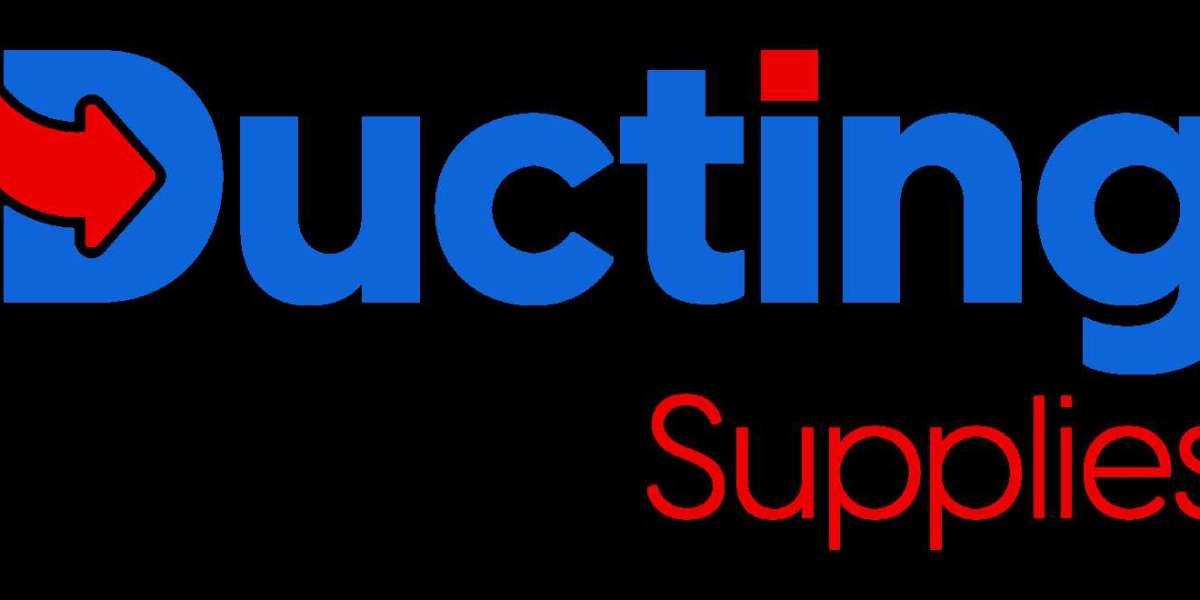Selecting the right ducting supplier is crucial for ensuring the success of your HVAC (Heating, Ventilation, and Air Conditioning) system installation or upgrade. The quality of the ducting materials, reliability of service, and overall supplier reputation can significantly impact the efficiency, durability, and cost-effectiveness of your HVAC system. Here are the key considerations when choosing a ducting supplier:
1. Product Quality
The quality of ducting materials directly affects the performance and longevity of your HVAC system. Look for suppliers that offer high-quality products made from durable materials such as galvanized steel, aluminum, or high-quality flexible ducting. Consider the following:
- Material Specifications: Ensure the ducting materials meet industry standards and are suitable for your specific application, whether for residential, commercial, or industrial use.
- Insulation: Properly insulated ductwork helps maintain the desired temperature of the air being transported and improves energy efficiency. Check if the supplier offers pre-insulated ducts or high-quality insulation materials.
- Durability and Warranty: High-quality ducting should come with a manufacturer’s warranty that guarantees performance over a certain period. This indicates the supplier's confidence in their products.
2. Range of Products and Customization
A good supplier should offer a wide range of ducting products and components to meet different HVAC needs. This includes:
- Duct Sizes and Shapes: Availability of various duct sizes, shapes (round, rectangular, oval), and configurations to fit specific system requirements.
- Accessories: A comprehensive selection of accessories such as dampers, grills, registers, diffusers, and duct fittings.
- Customization: The ability to customize ducting solutions to match unique project specifications, including bespoke sizes, shapes, and materials.
3. Compliance with Standards and Certifications
Ensure the supplier’s products comply with local and international standards and certifications. This includes:
- Building Codes: Adherence to relevant building codes and regulations, such as those specified by ASHRAE, SMACNA, or local building authorities.
- Safety Standards: Compliance with safety standards, including fire resistance and non-toxicity of materials.
- Energy Efficiency: Certification from recognized bodies that the ducting products contribute to energy-efficient HVAC system operation.
4. Supplier Reputation and Experience
A supplier’s reputation and experience in the industry can be a good indicator of the reliability and quality of their products and services. Consider:
- Industry Experience: Suppliers with extensive experience are likely to have a better understanding of HVAC requirements and challenges.
- Customer Reviews and References: Look for customer reviews and ask for references to gauge satisfaction levels and reliability.
- Case Studies and Projects: Review case studies or past projects to see examples of the supplier’s work and expertise.
5. Technical Support and Customer Service
Reliable technical support and customer service are essential for smooth project execution and ongoing maintenance. Evaluate:
- Technical Assistance: Availability of expert advice and technical support during the design, selection, and installation phases.
- Customer Service: Responsive and helpful customer service for order processing, delivery inquiries, and after-sales support.
- Training and Resources: Provision of training materials, installation guides, and resources to ensure proper handling and installation of ducting products.
6. Delivery and Logistics
Timely delivery and efficient logistics are crucial to avoid project delays and ensure seamless installation. Consider:
- Delivery Timeframes: Ability to meet project deadlines with timely delivery of ducting materials.
- Inventory Management: Sufficient stock levels to handle large orders and urgent requirements.
- Shipping and Handling: Reliable and secure shipping practices to prevent damage during transit.
7. Cost and Value for Money
While cost is an important factor, it should not be the sole determinant. Evaluate the overall value for money by considering:
- Price Competitiveness: Competitive pricing that aligns with market rates without compromising on quality.
- Bulk Discounts: Availability of discounts for bulk orders or long-term supply agreements.
- Total Cost of Ownership: Consider the long-term cost implications, including durability, maintenance, and energy efficiency, rather than just the initial purchase price.
Place Your Online Order: https://www.ductingsuppliesuk.com/shop-online
Conclusion
Choosing the right ducting supplier involves a comprehensive evaluation of product quality, range of offerings, compliance with standards, supplier reputation, technical support, delivery logistics, and cost. By carefully considering these factors, you can ensure that you receive high-quality ducting products and reliable service, ultimately leading to an efficient and effective HVAC system. A well-chosen supplier can be a valuable partner in the successful implementation and long-term performance of your HVAC projects.








